
"Our programs emphasize critical thinking, creativity, and technical mastery, preparing students to navigate the complexities of the design world with confidence and skill. With a curriculum centered on thought-provoking, concept-driven design, our graduates emerge not only as talented designers but also as visionary thinkers, ready to leave their mark on the world of art and design."
—Gareth Fry, Department of Art & Design Faculty
10
Bachelor
Degrees
Receive a BFA, BS, or BA (120-122 credits) in as little as 8 semesters (4 years)!
6
Associate
Degrees
Receive an AAS (63-65 credits), AS (61 credits), or AA (61 credits) in as little as 4 semesters (1.5–2 years)!
1
Minor
Program
Receive an Art History Minor (18 credits) in as little as 2 semesters (1 year)!
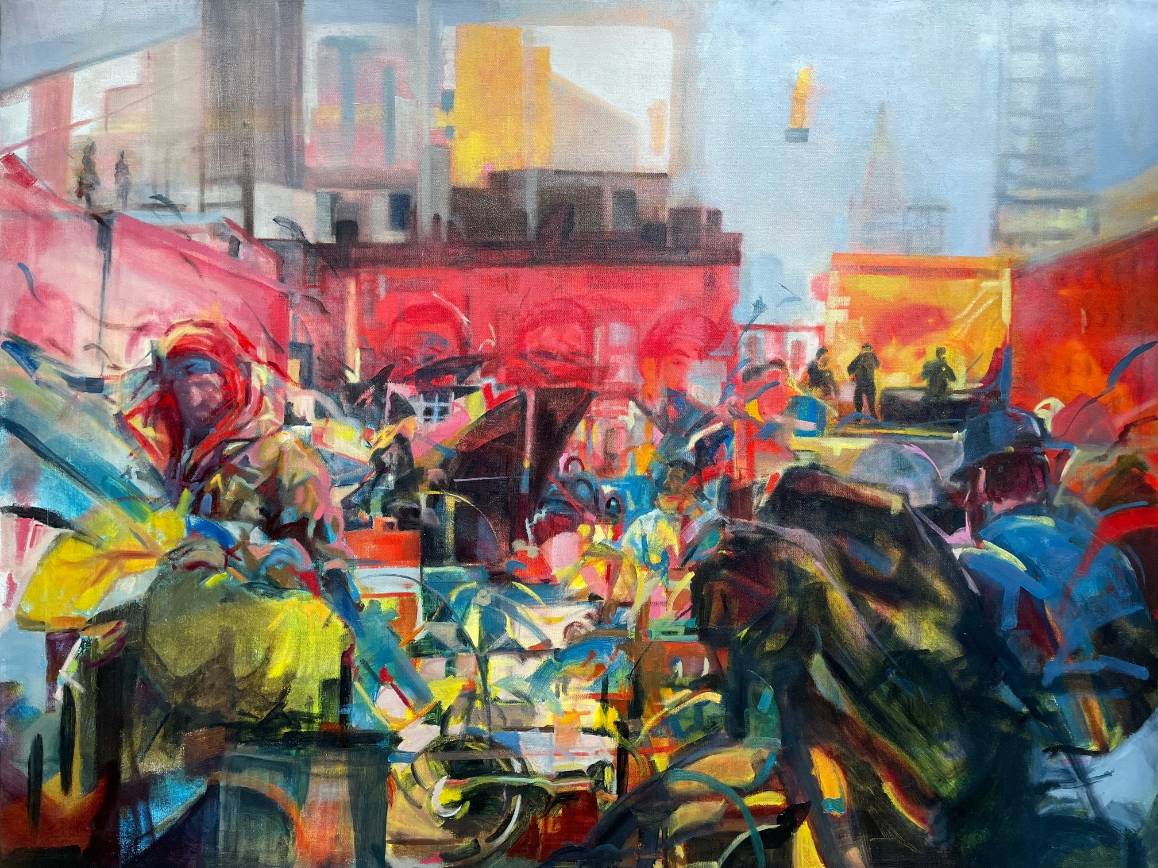
Sam Stoddard
Art & Design is a diverse field with several areas of emphasis that can lead to dynamic careers and professional success. Upon graduation, students are prepared for careers as art directors, gallery managers, illustrators, painters, photographers, sculptors, printmakers, web designers, comic book artists, concept artists, animators, illustrators, teachers, writers, photojournalists, studio owners, and more.
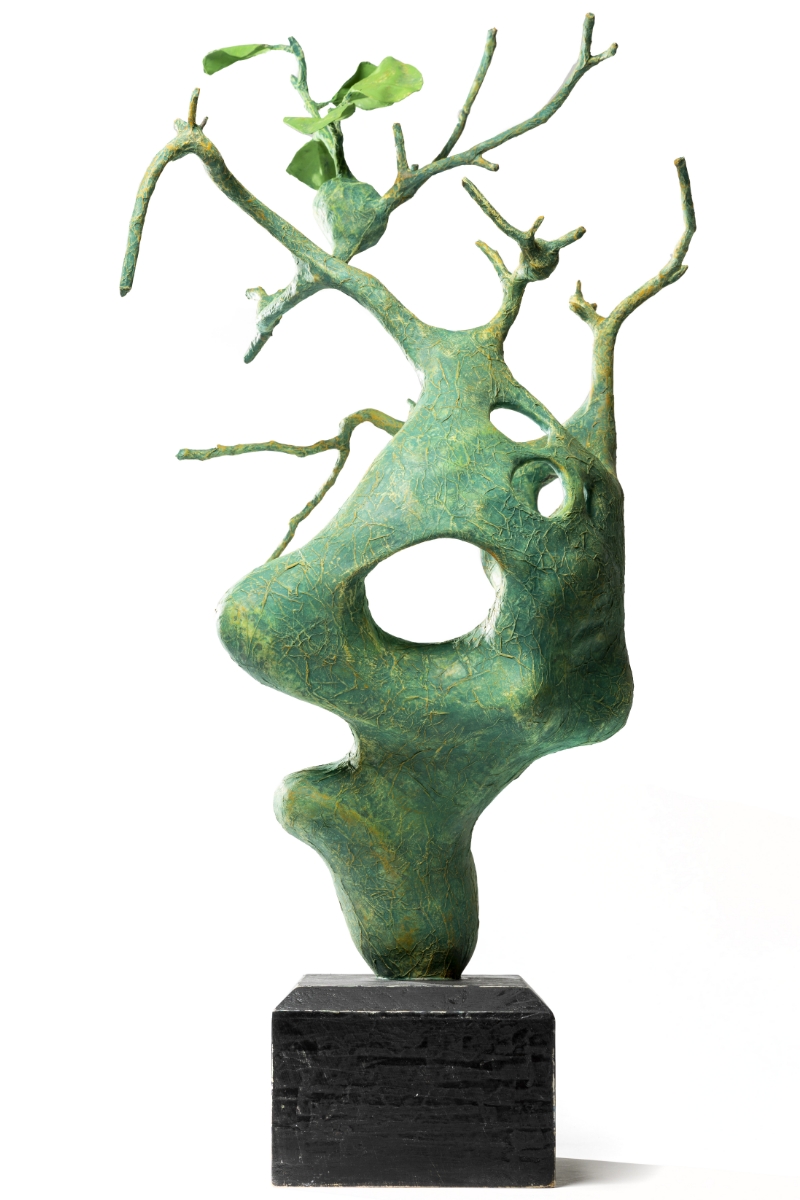
Jason Lanegan
Share your love of art with the world. With a Bachelor of Science in art education, students become familiar with general and secondary art education curriculums. Our aspiring art educators can also focus on a single studio area within visual arts such as painting or drawing, illustration, sculpture or ceramics, or printmaking.
Will the BS-Art Education degree meet the educational requirements for the professional credential in the state or US territory you might choose to live in during or after completing your UVU degree? Visit the UVU Professional Licensure website to learn more!
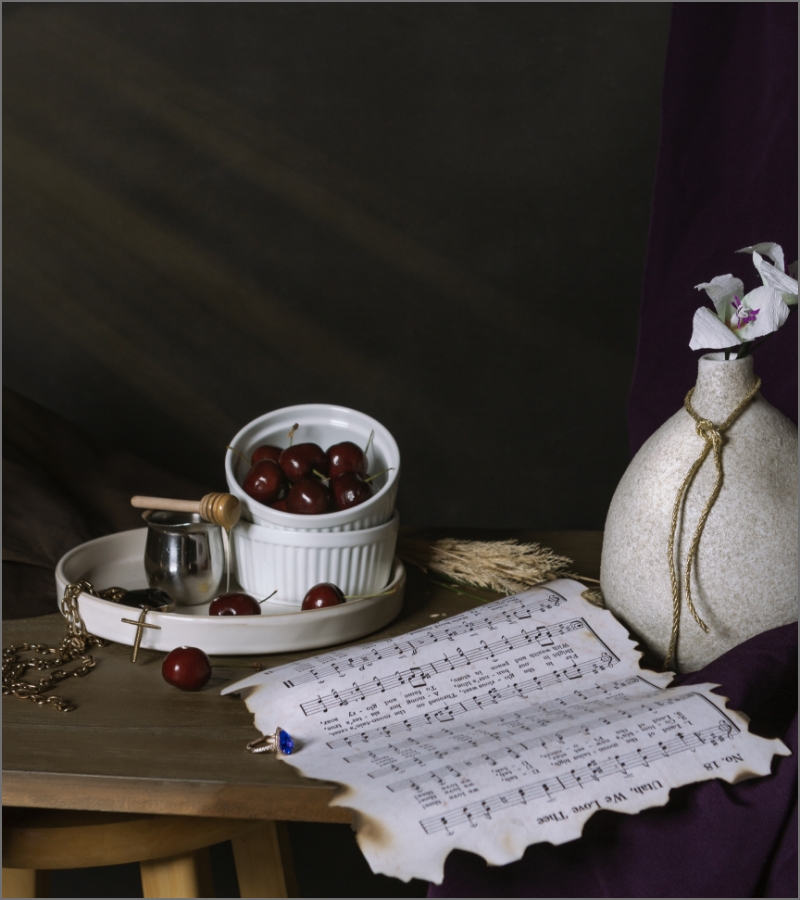
Chelsey Swanson
Art history unlocks the understanding of visual culture, human achievement, and human expression. The Bachelor of Art in art history degree helps students prepare for an array of arts-related jobs, including art dealership, art directorship, and work in museums and galleries. It also provides the necessary foundation for graduate studies in art history, which, in turn, helps students prepare for careers in postsecondary teaching, museum curatorship, and museum directorship.
Because art history is cross-disciplinary by nature, a minor in art history would complement almost any degree, whether within or outside of the arts. The minor requires 18 credits of art history courses, including the survey classes Art to and from the Renaissance, as well as four upper division electives, ranging from ancient to contemporary art history. The minor creates a more diverse skill set for students of the visual arts, as well as a more culturally rich educational experience for students outside of the arts.
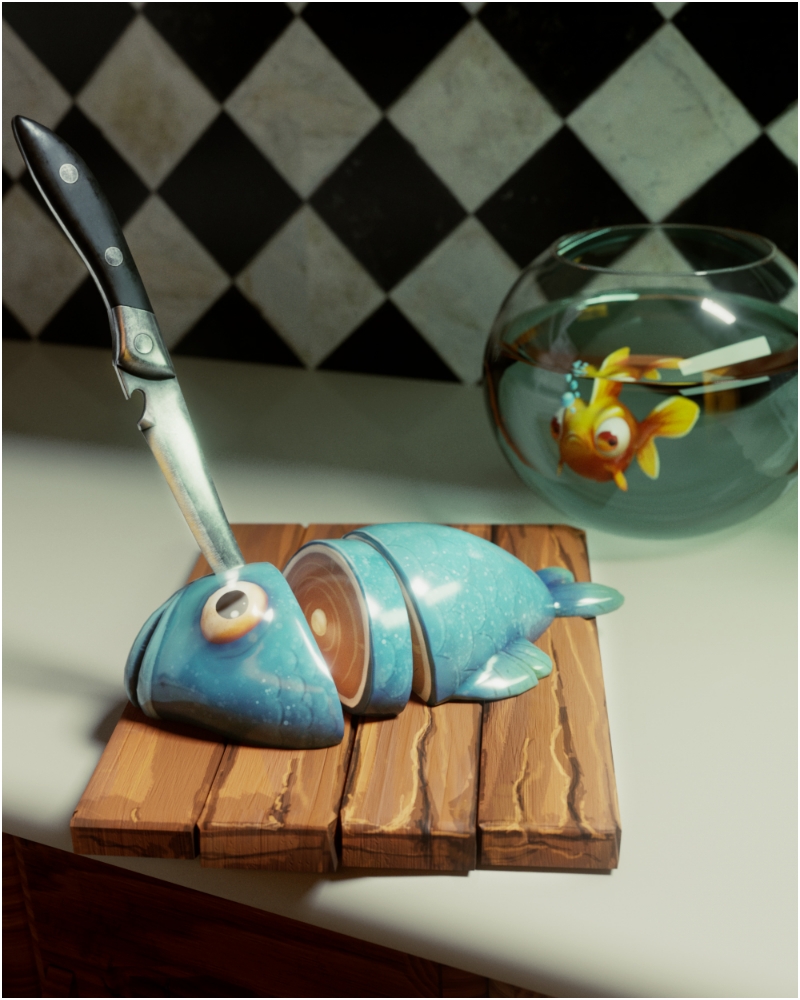
Taylor Wood
Entertainment Design is an interdisciplinary degree that encompasses concept, character, story, place, and time relevant to the evolving entertainment industry. As an Entertainment Designer, you will create realities and visual experiences that excite minds by combining art and technology to bring extraordinary experiences to life in toys, games, comics, movies, environments, and more.

Marissa Sabin
The graphic design program provides a detailed exploration of communication, form, and expression through analog and digital methodologies. By learning rigorous research methods and developing their own processes, students become adept critical thinkers and visual communicators. This competitive program prepares students for a career in design as well as potential graduate education.
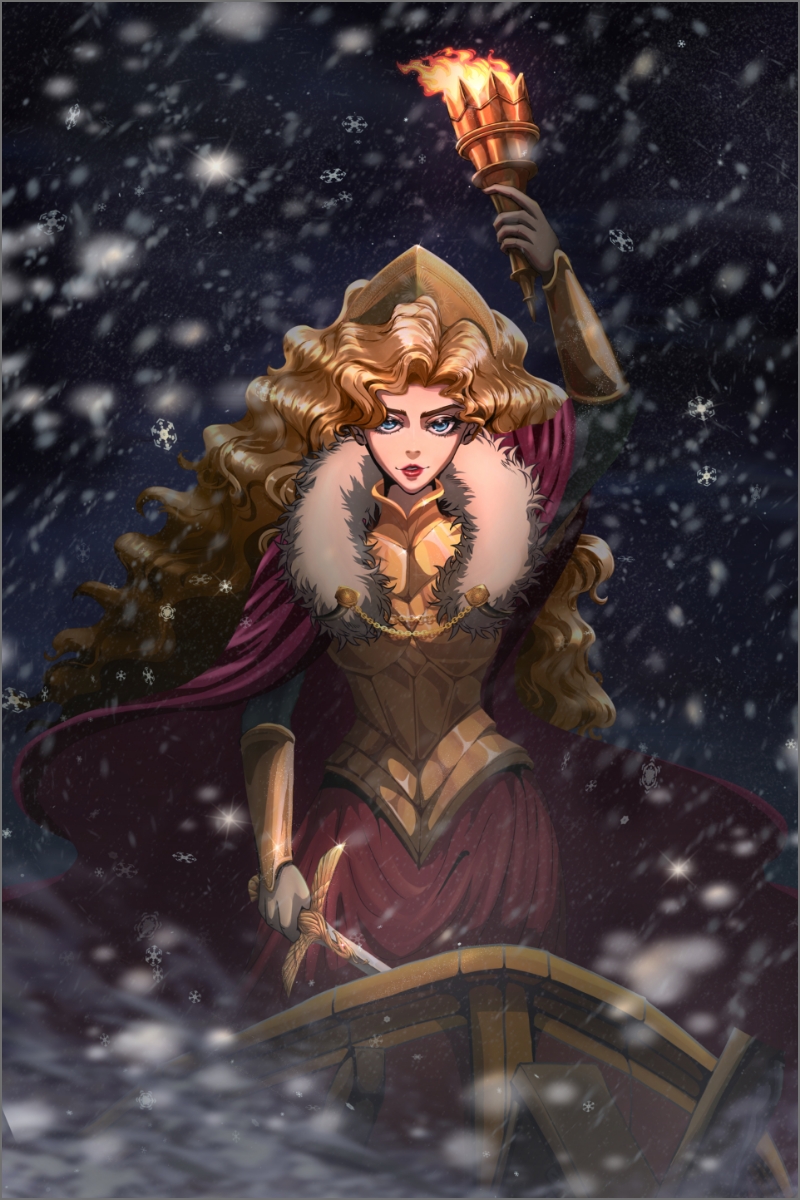
Ana Winder
The illustration program is ideal for students wanting to pursue careers in traditional illustration, digital illustration, or animation. Figure drawing, children’s book illustration, anatomy and figure structure, flash animation, 3D computer rendering, and advanced illustration are just a few of the classes available to students.
The Applied Associate in Science is a two-year work-ready degree that helps prepare students for entry level jobs within the illustration industry. The degree and credits earned can be used to further their studies in a Bachelor of Fine Arts or other programs. Students are prepared to compete for production design/entry level employment at advertising agencies, design studios, in-house design departments, publishing firms, printing firms, and for freelance consulting work (self-employed).
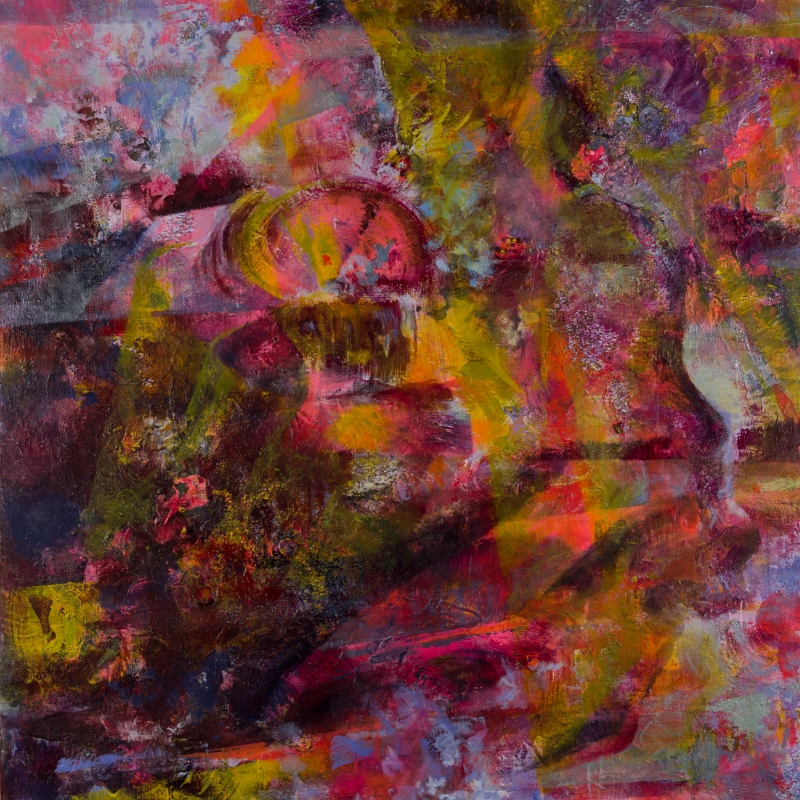
Zoe Elwood
The painting and drawing area prepares students to be creatively diverse visual artists. Students will develop visual literacy, technical proficiency in various media, attention to detail, critical thinking, and historical knowledge with the goal of creating works of art that express their own unique voice and vision. Within the painting and drawing program, students emphasize in one of three overlapping disciplines: drawing, painting, or printmaking.
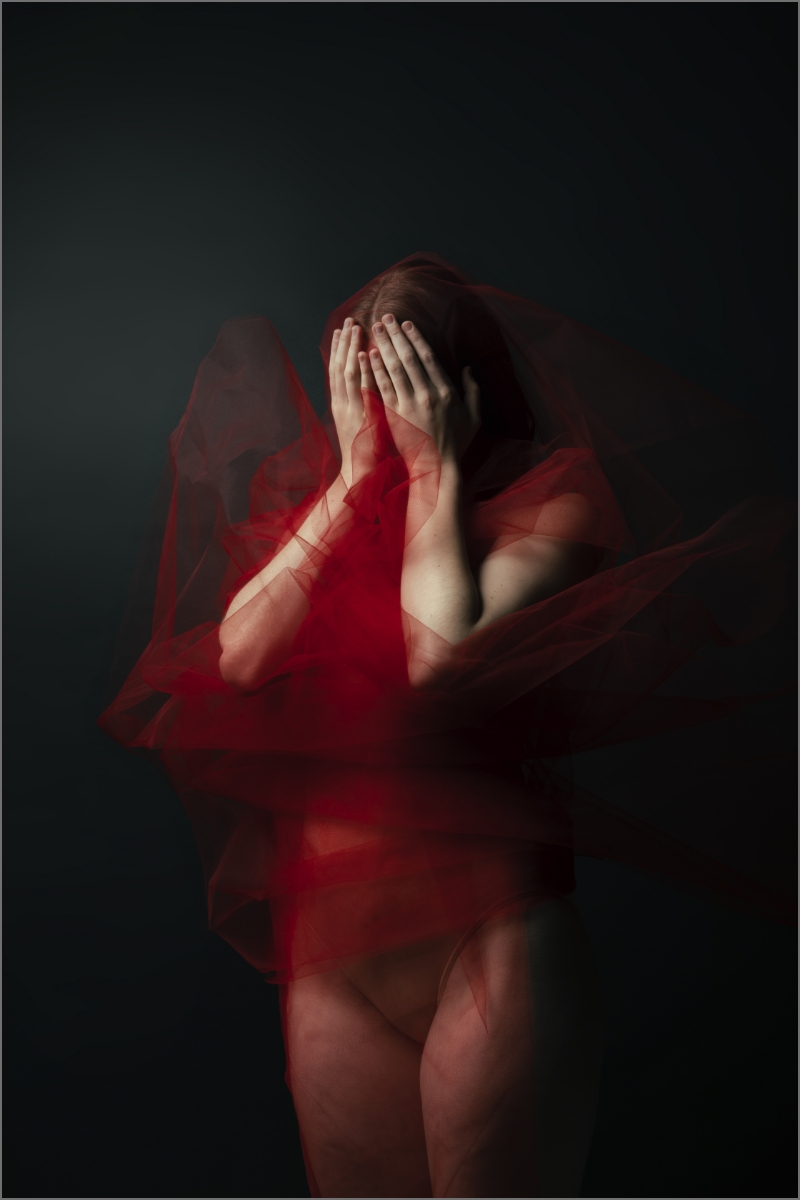
Kayla Abrams
The photography area emphasizes both commercial and fine art photographic approaches. On-location travel and extensive hands-on instruction will push students outside their comfort zone and expose students to a wide variety of photographic techniques and career opportunities. Students will learn critical thinking, historical context, technical aptitude, and creative exploration.
The Applied Associate in Science is a two-year work-ready degree that helps prepare students for entry level jobs within the photography industry. These could include serving as a photographer’s assistant, free-lance work in areas such as advertising, stock images, weddings, documentary, portraiture, etc. Entry level jobs at in-house photography departments or studios are also possibilities. Students may also choose to promote their work to galleries, museums, exhibitions, and commissions.
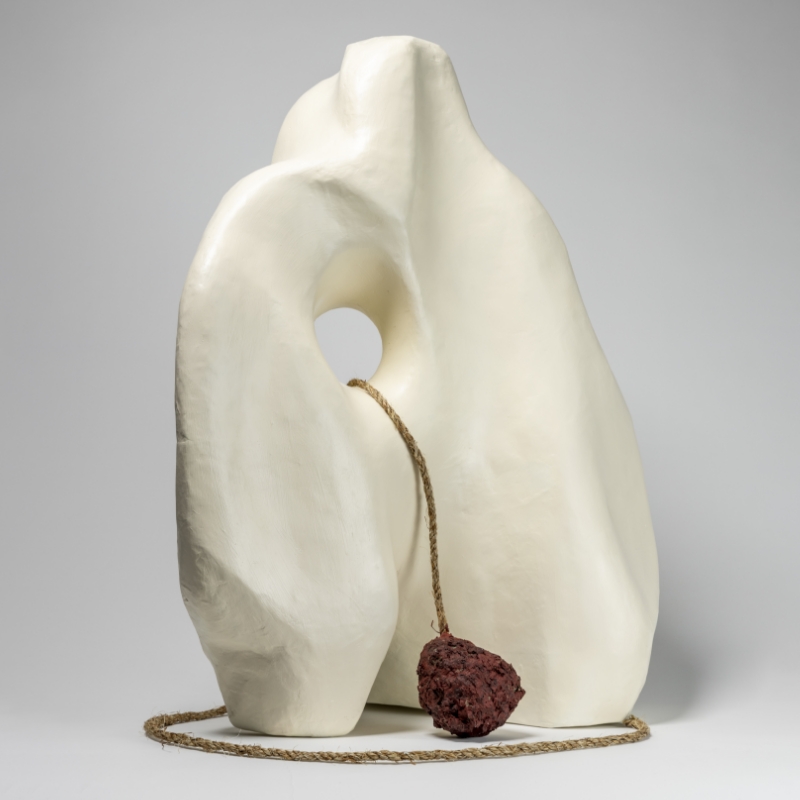
Christina West
The sculpture and ceramics program will help you build a strong foundation of design fundamentals, technical skills, and knowledge of materials. Whether throwing clay on a potter’s wheel or carving stone, students can discover endless creative opportunities using a variety of substrates and applications to express their creativity.
The BA in Art & Design allows students to pursue a highly individualized curriculum and graduate with well-rounded competencies in visual art. Students may choose coursework from areas such as 2D and 3D design, sculpture and ceramics, art history, graphic computer applications, and professional preparation for careers in the arts.
Similar to the BA in Art & Design, the BS in Art & Design provides students with all-encompassing visual art courses that can be mixed and matched according to student interests. Additionally, students pursuing a BS in Art & Design have the opportunity to take more elective courses from other disciplines and thereby broaden their skillset before graduation.
Similar to the BA in Art & Design, students choose among a large course list of visual art courses to gain an all-encompassing familiarity with visual art.
Similar to the BS in Art & Design, students combine Art & Design courses with studies in other disciplines to prepare them for a unique career path within or beyond the art world.
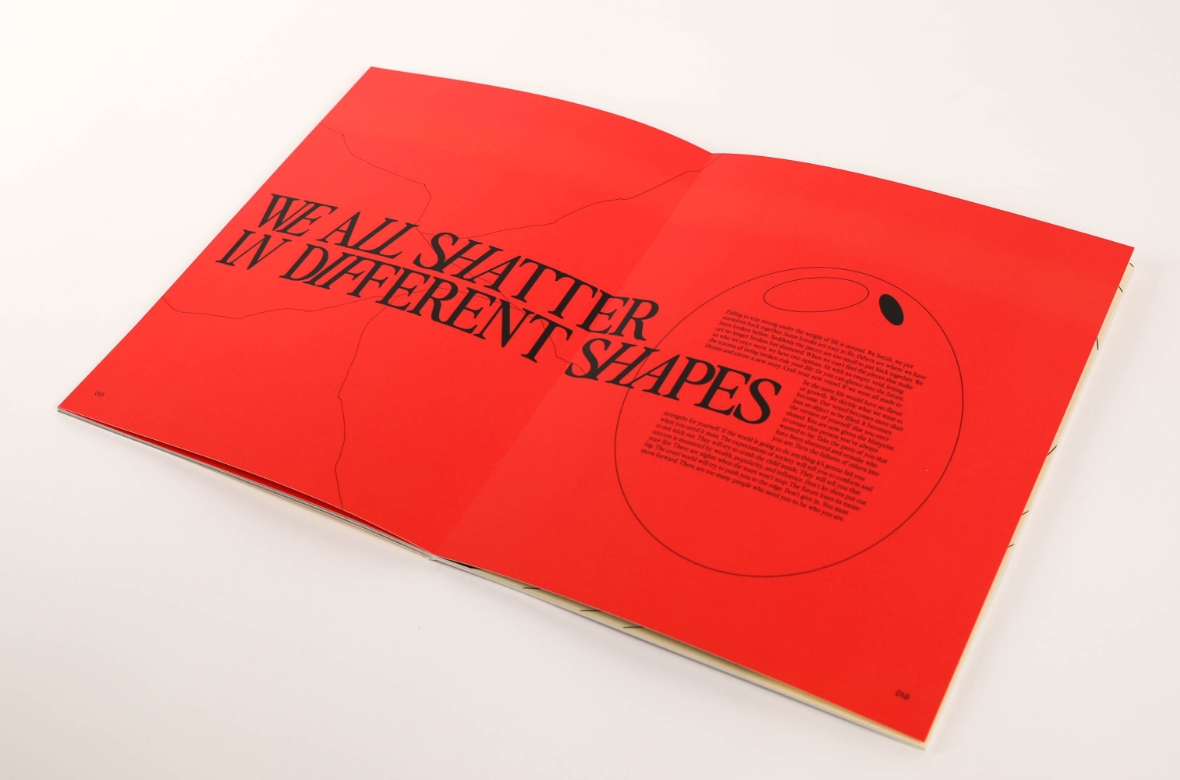
Nephi Zurita
"Learning graphic design at the UVU school of the arts has been very rewarding. Being able to see a noticeable change with each semester not just in my work but in how I viewed the impact I could make through visual communication. I feel excited to continue in the industry with positive connections made throughout the program."
—Nephi Zurita, Graphic Design Major
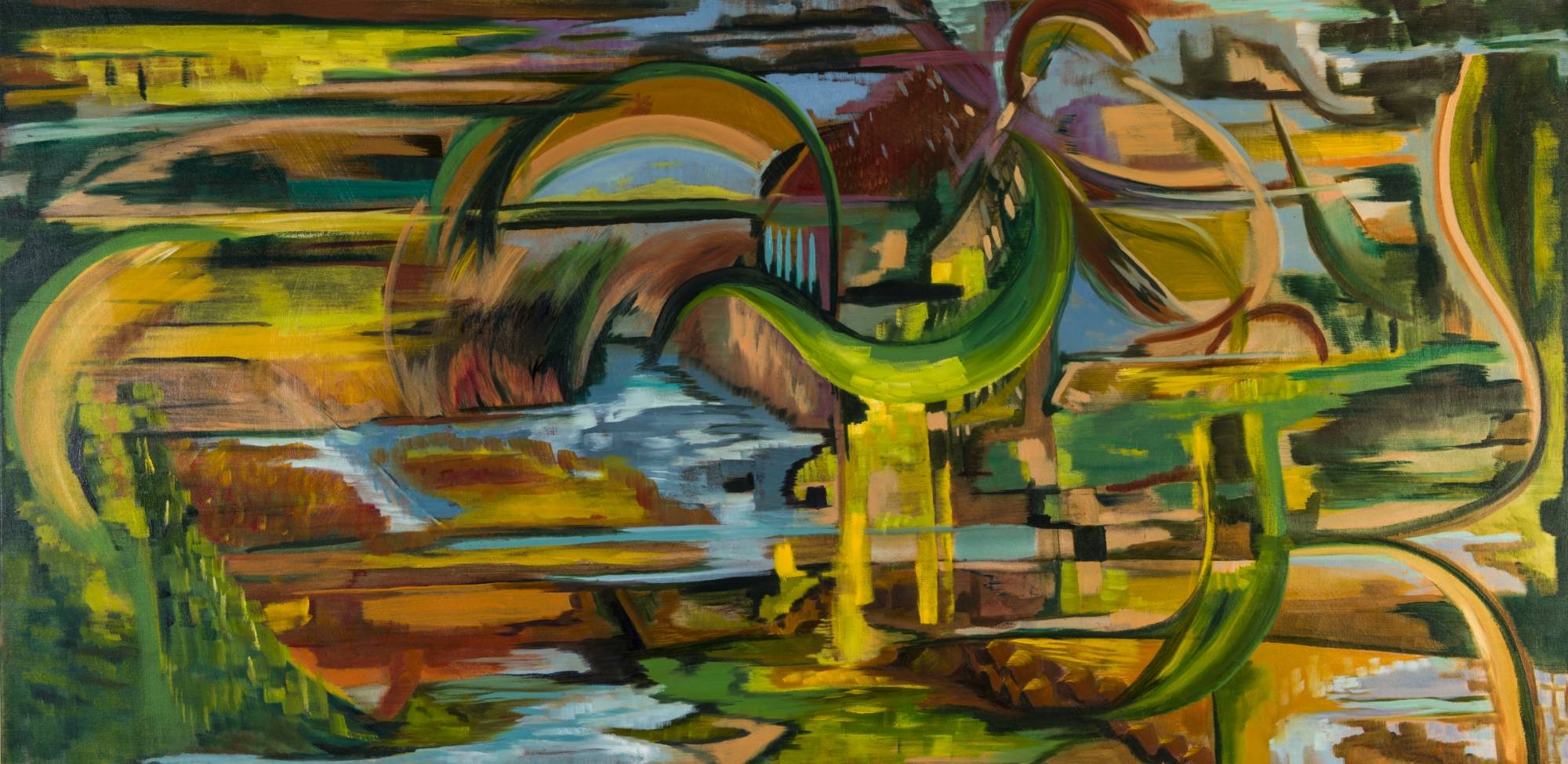
Jenalyn Carbajal

Brenda Lovell
Due to the nature of the coursework, Art and Design students should expect studio courses to be between four and six contact hours for three credit classes. This ensures that students have sufficient contact with professors to help them fulfill the program learning outcomes for their degrees. Outside work will also be required of students as per the Class Periods/Credits section of Academic Policies and Standards in the UVU Catalog. For a three-credit and six-contact hour class, expectations should be for 2 hours of in-class instructional time and 4 hours of in-class studio time per week. Students should also expect a minimum of 4 hours per week of out of class work for these 3 credit courses. This follows both the national guidelines of the College Art Association (CCA) and the National Association of Schools of Art & Design (NASAD). Specifically, the NASAD standard of a semester hour of credit representing at least 3 hours of work each week. (UVU has a 50-minute hour for classes, so 3 hours of class time equates to 2 hours and 30 minutes.) Other Utah Systems of Higher Education (USHE) institutions also follow this pattern.